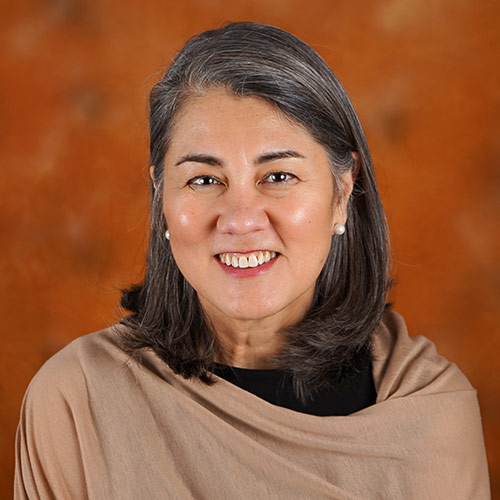Two Vanderbilt School of Nursing professors have received grants totaling more than $3 million from the Health Resources and Services Administration to educate nurse practitioners to provide critical health care in rural and underserved areas.

Ginny Moore, director of the women’s health nurse practitioner specialty and associate professor of nursing, will receive $1.5 million over three years to continue and enhance the Vanderbilt Nursing Education Program–Sexual Assault Nurse Examiners, begun in 2018. The VEP-SANE program is designed to add more sexual assault nurse examiners in needed geographies, including rural and underserved locations across the U.S.
SANEs play an essential role in helping patients who have been sexually assaulted—including the estimated one out of every six American women who have experienced an attempted or completed rape in their lifetime—by providing sensitive care and creating a safe environment as they collect forensic evidence that might be needed for prosecution. SANEs also help patients manage the long-term effects of their experiences, which can range from severe stress and anxiety to an increased likelihood of drug use and difficulties in interpersonal relationships.
Vanderbilt’s program will enroll 42 students in didactic training and a virtual, interactive clinical immersion. The students will be taught how to provide telehealth care with existing equipment available in low-resourced locations, and learn via expanded simulations how to provide essential care to persons who have been sexually assaulted. The program will arrange 40-hour clinical preceptorships at high-volume, forensic nurse exam sites where trainees can work toward achieving clinical competencies. After clinical competencies are demonstrated, trainees may begin practicing independently as SANEs in their communities while accruing the clinical hours required for certification exam eligibility.
“We are so excited to continue the work we started in 2018 and grateful for the opportunity the grant provides to positively impact the course of recovery for survivors of sexual assault,” Moore said.
Marci Zsamboky, assistant professor of nursing, will receive $1.92 million over three years to support the behavioral health workforce education and training program within the school’s psychiatric mental health nurse practitioner (lifespan) specialty, which she directs. Specifically, the grant will be used to improve the number of graduated Advanced Practice Registered Nurses prepared to deliver safe, high-quality, culturally competent behavioral health care in rural and underserved areas. The program will start in September 2021.

“Individuals living in rural and underserved areas frequently have unmet behavioral health needs due to an inadequate workforce,” Zsamboky said. “Participation in this important grant will prepare our nurse practitioner graduates to be a part of the solution nationwide.”
The program, developed by Zsamboky, will enroll 120 students. Each will participate in a six-to-seven-month clinical immersion at practice partner sites across Tennessee and gain experience integrating behavioral health care, psychopharmacology and telehealth. The program’s practice partner sites are located in areas that have poverty and uninsured rates higher than the national averages of 10.2 percent and 13.9 percent, respectively. These areas lack access to health care due to a shortage of providers or health care costs.
In response to specific needs for rural or underserved areas, the program also will educate PMHNP students in community resilience, telehealth, youth violence (and other vulnerable youth issues such as LBGTQ+ and homelessness), substance use disorder, digital health literacy, social determinants of health, trauma-informed care, and integrated primary and behavioral health care.
Mental illness is one of the nation’s top health concerns, with one in five U.S. adults estimated to be affected. Of those, only 45 percent receive treatment in a given year. Experts report that the number of adults with mental health symptoms increased significantly during the COVID-19 pandemic, creating an even larger need for mental health professionals.